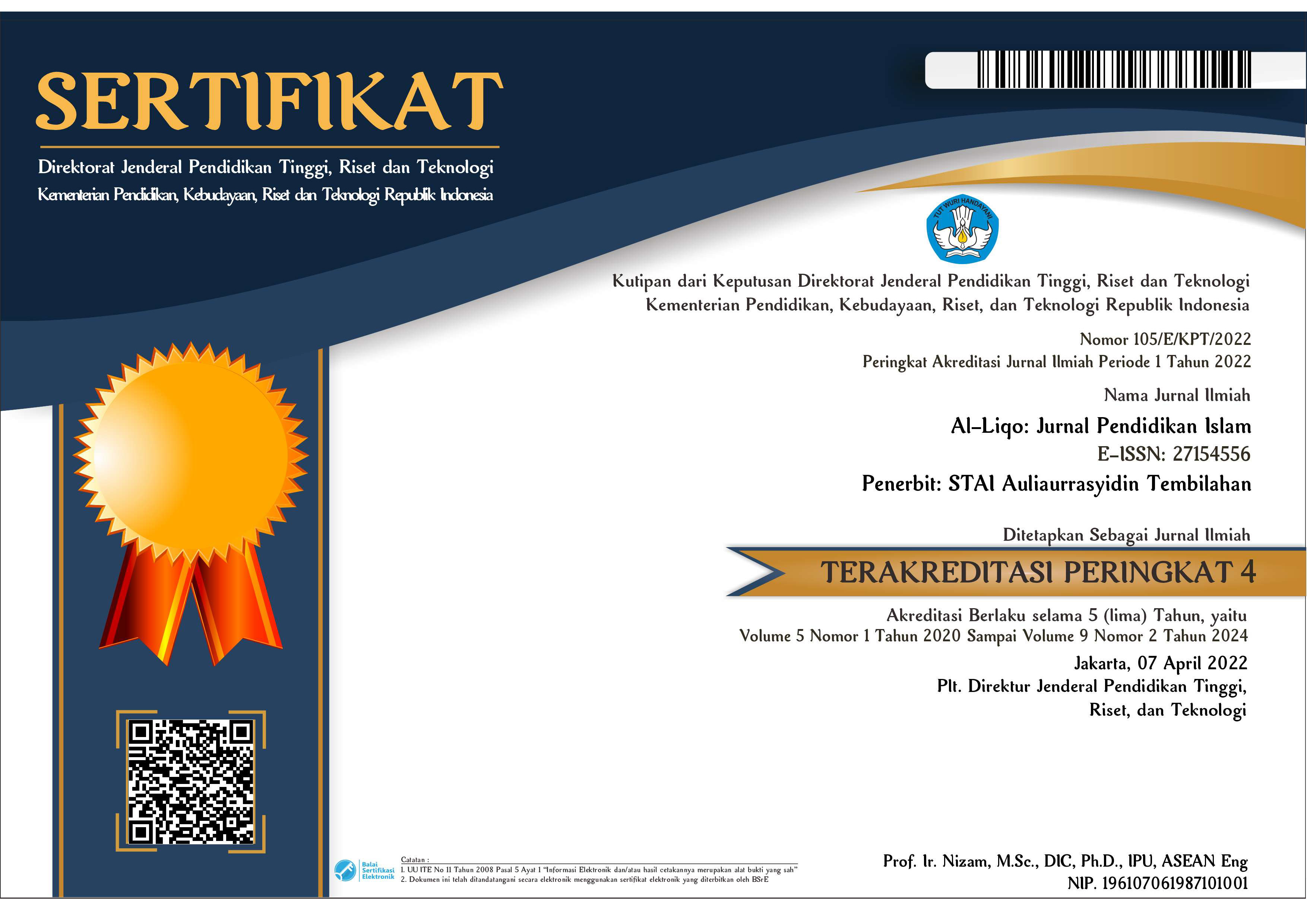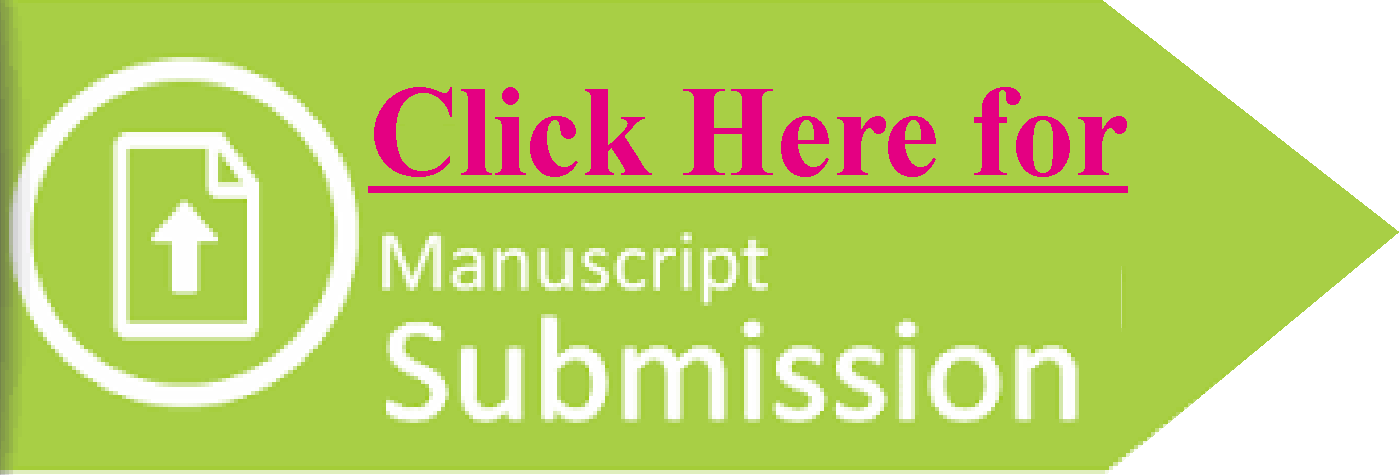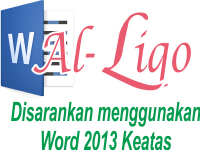Tantangan Madrasah Ibtidaiyah: Benteng Terakhir Melawan Sekularisme
DOI:
https://doi.org/10.46963/alliqo.v8i1.828Keywords:
Madrasah Ibtidaiyah, secularism, fortressAbstract
Madrasah Ibtidaiyah as the main pillar of Islamic education is the most basic these days in facing both internal and external challenges. In addition to the challenge of maintaining self-existence in order to be able to compete with other institutions, there is also the problem of the rise of secular values that are included in the national education curriculum. This needs to be answered so that Madrasah Ibtidaiyah remains upright as a stronghold of religion and the state from the invasion of ideas that endanger the lives of the people and the state. The battle of civilizations will indeed continue throughout the ages. The problem is the opinion of an Islamic leader, namely Imam Ali Bin Abi Talib, good that is not organized or well managed will be defeated by crimes that are committed massively and in a structured manner that are well managed. And this is happening today in our time. Will Madrasah Ibtidaiyah as the last bastion be able to survive the onslaught of the evil thoughts of secularism or will it collapse? This article will answer it.
Downloads
References
AL ATHFAL (Jurnal Pendidikan Anak), Vol. 2 (No. 1). pp. 75-90.
Al Ibtida: Jurnal Pendidikan Guru MI, Jurusan Pendidikan Guru MI Vol 5 (2): 231-248
Ali Mohamad (2009) “memupuk keunggulan Madrasah Ibtidaiyah “Jurnal AI-Bidayah, Vol. 1 No. 2, Desember 2009
Bafadhol Ibr (2015) “Sekulerisme dan pengaruhnya dalam dunia pendidikan Islam”
Darda, A. (2015). “Integrasi Ilmu dan Agama: Perkembangan Konseptual di Indonesia” Jurnal At-Ta’dib, 10(1), 33–46.
Edukasi Islami Jurnal Pendidikan Islam Vol. 04, Januari 2015
Ginanjar Kartasasmita (2017) “Agama Dan Sekulerisme Kematian Sekulerisme Dalam Perspektif Aksi Bela Islam” Jurnal Studi Agama-agama dan Lintas Budaya 2, 1 (September 2017): 8-14
Hasan Basri (2017) “Disorientasi pendidikan madrasah di Indonesia” POTENSIA: Jurnal Kependidikan Islam, Vol. 3, No. 1, Januari – Juni 2017
Hidayat Nur (2010) “Isu-Isu Kontemporer Pendidikan Islam Tentang Madrasah dan Tantangan Global” jurnal al bidayah vol:2 no.1
Kementrian Agama, 2016 emispendis.kemenag.go.id/madrasah1516
Kusrin HA (2015) “Liberalisasi pemikiran dalam pendidikan “Jurnal TAWAZUN Volume 8 No. 2 Juli – Desember 2015
Maemonah, . (2016) “Upaya peningkatan manajemen pembelajaran kelas di madrasah ibtidaiyah Ma'arif Sembego Maguwoharjo: prospek dan tantangan.”
Marjuni. (2011) “Kapitalisme dan Pendidikan Liberal” Jurnal Al-Fikr,Volume 15, No.2 Tahun 2011.
Muqarramah Sulaiman Kurdi (2018) “Madrasah Ibtidaiyah dalam Pandangan Dunia: Isu-Isu Kontemporer dan Tren dalam Pendidikan”
Syamsudin M (2017) “Madrasah dan Tantangan Modernitas (Perspektif Filsafat Pendidikan Islam)” Jurnal Islamic Studies and Character Building
Penerbit NEM Pekalongan
Undang-Undang Nomor 20 Tahun 2003 Tentang Sistem Pendidikan Nasional
Yumardi A (1999). "The Rise of Muslim Elite School: A New Patern of Santrinization in Indonesia" Al-Jamiah journal of Islamic Studies Vol.XIII No. 64.
Zarkasyi HF. (1430) “Liberalisasi Pemikiran Islam” Jurnal Tsaqofah Vol. 5, No. 1, Jumadal Ula 1430
Downloads
Published
Issue
Section
License
Copyright (c) 2023 Dwi Sulaksana

This work is licensed under a Creative Commons Attribution-ShareAlike 4.0 International License.
Authors who publish with this journal agree to the following terms:
1. Copyright on any article is retained by the author(s).
2. The author grants the journal, right of first publication with the work simultaneously licensed under a Creative Commons Attribution shareAlike 4.0 International License that allows others to share the work with an acknowledgment of the work’s authorship and initial publication in this journal.
3. Authors are able to enter into separate, additional contractual arrangements for the non-exclusive distribution of the journal’s published version of the work (e.g., post it to an institutional repository or publish it in a book), with an acknowledgment of its initial publication in this journal.
4. Authors are permitted and encouraged to post their work online (e.g., in institutional repositories or on their website) prior to and during the submission process, as it can lead to productive exchanges, as well as earlier and greater citation of published work.
5. The article and any associated published material is distributed under the Creative Commons Attribution-ShareAlike 4.0 International License







2.png)



